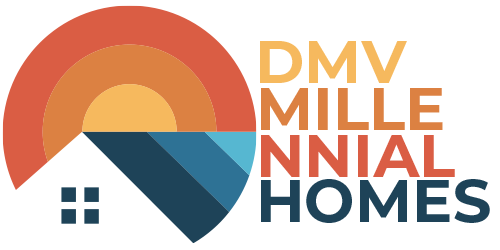How do I buy my first home in Virginia?
A Millennial’s Guide to Buying a Home in Virginia
Are you looking to buy your first home in Virginia? Congratulations! You’ve taken the first step on the journey of a lifetime. But, before you get too excited, there are a few things to know that will make the process easier and more efficient. Let’s get started!
Research Your Options
The first thing you should do is research all of the available options for buying your first home in Virginia. This includes researching different neighborhoods, price points, and what types of properties are available in each area. Additionally, it’s important to have an understanding of what other people in similar situations have gone through when purchasing their homes. This will give you a better idea of what steps need to be taken and how long it typically takes from start to finish.
Once you have narrowed down your options and settled on a location, it is time to begin doing research into the actual properties available. Start by researching online for active listings in your desired area. Read through descriptions of each property carefully, taking note of important details such as lot size, number of bedrooms and bathrooms, condition of the home, etc. Weigh the pros and cons of each property, noting what you like or dislike.
Next, it is important to do a thorough background check on any potential homes before making an offer. Look into the history of each property, including past sales and ownership information as well as any permits or violations that may apply. It’s also important to research any neighborhood associations for applicable rules or restrictions in addition to local zoning codes.
Get Pre-Approved
Before you start shopping for a home, it’s important to get pre-approved for a loan. This will ensure that when you find the perfect house, you can act quickly and make an offer right away. It also shows sellers that you are serious about making an offer and gives them peace of mind knowing that they won’t have any issues with financing later on down the line. Getting pre-approved not only makes things easier for yourself but for everyone else involved as well.
To get pre-approved in Virginia, you will need to provide the lender with your personal and financial information so they can review your creditworthiness. Depending on the lender's requirements, they may also require additional documentation such as proof of income or assets. Once the lender has all of the necessary information and determines that you are eligible for a loan amount, you will receive written confirmation of pre-approval and can begin shopping for your Virginia home. It's important to remember that even though you received pre-approval from one lender it doesn't mean that you are approved for all Virginia home loans.
Make sure to compare different loan options and get pre-approved with multiple lenders before you decide on the best mortgage option for your Virginia home purchase. Doing so will help ensure that you get the best possible deal and a loan that fits your budget.
Make An Offer
When you find your dream home, make sure to make an offer as soon as possible. Start gathering all of the necessary documents such as proof of income, bank statements, credit score information etc. These documents will help prove to lenders that you qualify for the loan and can afford your monthly payments without any issues. Your next step will be to determine how much money you want to offer for the house. This amount should be based on comparable homes that recently sold in the area, as well as your own financial situation. To make a formal offer on the Virginia home, you will need to sign an Agreement of Sale and provide earnest money.
The Virginia Association of Realtors has a standard contract that can be used when making an offer, which outlines all the details such as the purchase amount, closing date, and any contingencies. In Virginia, earnest money is typically 2-3% of the purchase price and should accompany your offer. The earnest money deposit will be held in escrow until closing and credited toward your down payment or other costs at that time.
Once your Virginia home offer is accepted by the seller’s agent or attorney, they will countersign it and return it to the buyer. At this time, you must follow all instructions from your Virginia realtor on how to complete the transaction and proceed with securing financing for the home.
Conclusion
Buying your first home in Virginia may seem like an overwhelming task but don't worry - we've got your back! With some research into different neighborhoods and price points plus getting pre-approved for a loan before shopping around, it's easy enough to do if you take it one step at a time! Good luck out there - happy hunting!

